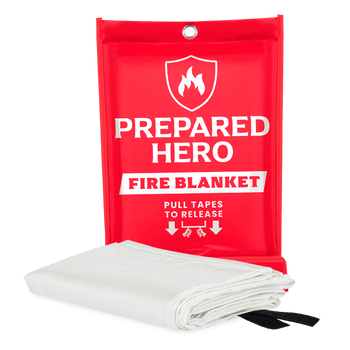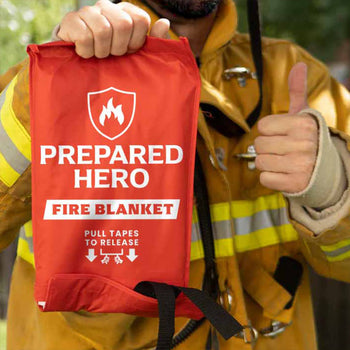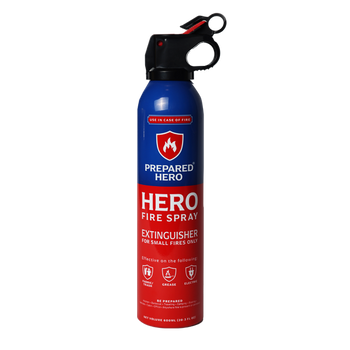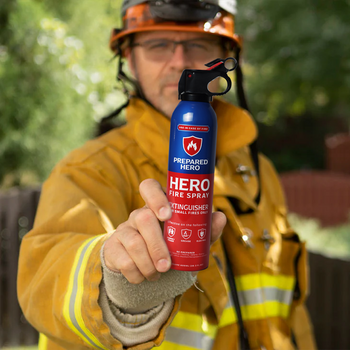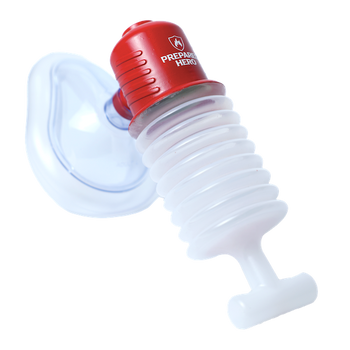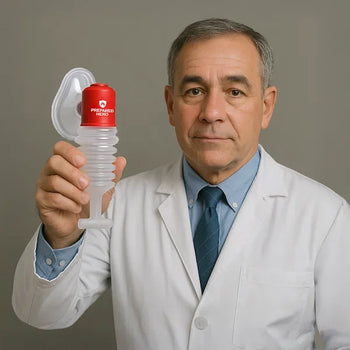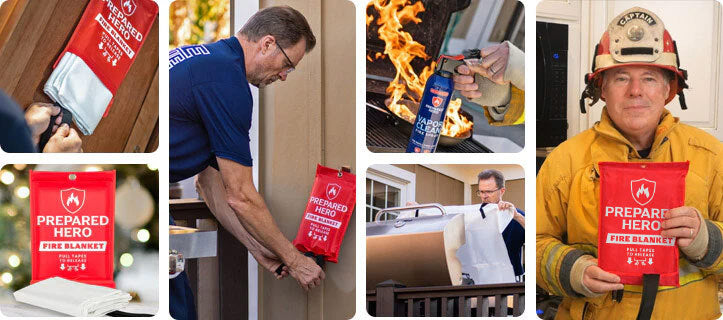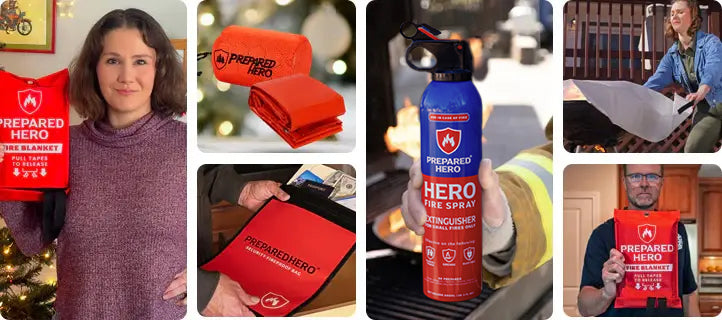Smoke detectors are your first line of defense against devastating fires. According to the NFPA (National Fire Protection Association), the...
Camping is a fantastic way to connect with nature and unwind. Whether you're a seasoned camper or a first-timer, being well-prepared can make all the difference.
If you don't know your way around camping or want to brush up on your camping skills, stick around. In this post, we'll talk about practical tips for camping safely.
Top 7 Camping Tips
Make your camping trip safe and memorable by following these seven essential tips:
1. Pick the right site.

Consider your group's age, physical limitations, and medical needs when choosing a campsite.
For instance, camping in a cabin provides full and bunk beds. On the other hand, using a tent means you need an air mattress, comforter, or sleeping bag.
Once you arrive, check the area for risks. Don't camp under large gum trees or in spots where water might pool. You should also keep an eye out for ant nests and set up away from hazards like creeks and rivers, especially if you have kids.
2. Stay up-to-date with the weather.

The weather can change within the hour, so you better be prepared for rain, snow, and high heat.
Consider the daytime and nighttime temperatures because warm sunny days can turn into cold nights and vice versa. You might need sunglasses, hats, and sunscreen during the day and jackets, socks, and pants at night.
3. Bring plenty of food and water.

Make sure you bring plenty of water with you for drinking. Many parks are not connected to huge water sources, so you can't rely on them, especially during dry seasons. Plus, tank water is not treated, so it's not safe for drinking.
If you're going to bring food that needs to be kept cold, invest in a reliable cooler and bring enough ice. Remember, food poisoning and camping don't go well together.
4. Bring a first aid kit.

Many campsites are remote, so medical aid might be far away. If something goes wrong and you need to treat an injury, bringing a complete first aid kit can help a lot.
Your first aid kit should at least include bandages, antiseptic wipes, pain relievers, tweezers, gauze, medical tape, scissors, a thermometer, and any personal medication.
5. Practice campfire safety.

Fires within your campsite should be at least 15 feet from tents, shrubs, and trees. Keep your fire small and never leave it unattended.
Always keep a bucket full of water or a fire blanket nearby. Don't forget to completely put the fire out before leaving or going to sleep.
6. Keep your eye out for wildlife.

Watch out for wild animals like cougars and bears. Some wild animals might raid your campsite, so keep your food and things inside your tent or car to prevent them from enjoying your dinner.
We recommend bringing the Hero Defense Alarm if you want extra protection. Animals hate loud, unexpected noises, so the piercing sound and strobe light can scare them off.
7. Bring survival gear.

Having the right survival gear makes a big difference during a camping emergency.
Bring a map, compass, flashlight, cordage, knife, communication device, safety poncho, and survival bag. Check out our guide to learn more about building a wilderness survival kit.
Conclusion
Being well-prepared helps you handle any challenges that come your way so you can focus on connecting with nature and creating lasting memories. Happy camping!


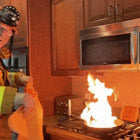 Fire
Fire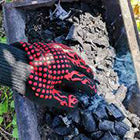 Safety
Safety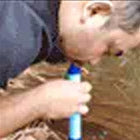 Survival
Survival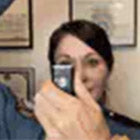 Protection
Protection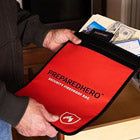 New
New
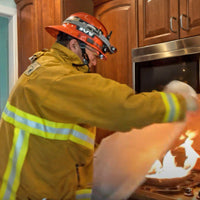 Fire
Fire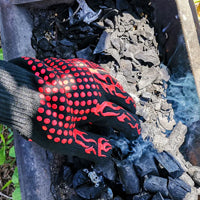 Safety
Safety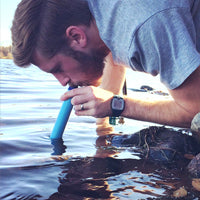 Survival
Survival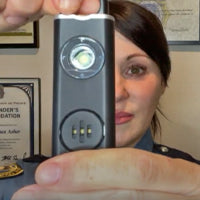 Protection
Protection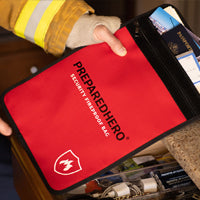 New
New